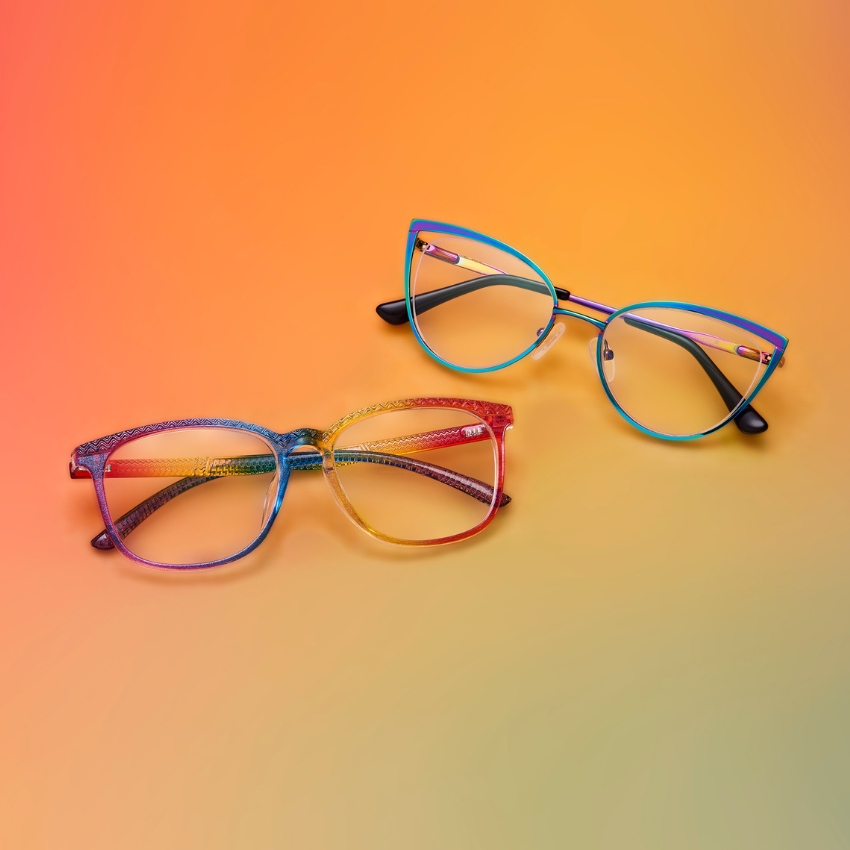Fashion
Your eyeglasses are not just a medical necessity. They’re also a fashion accessory that can help you create your awesome look. In the Fashion feature of Through the Lens we'll highlight trends and invite fashion mavens, bloggers – and fans who are rocking their Zennis – to offer style and beauty tips.






